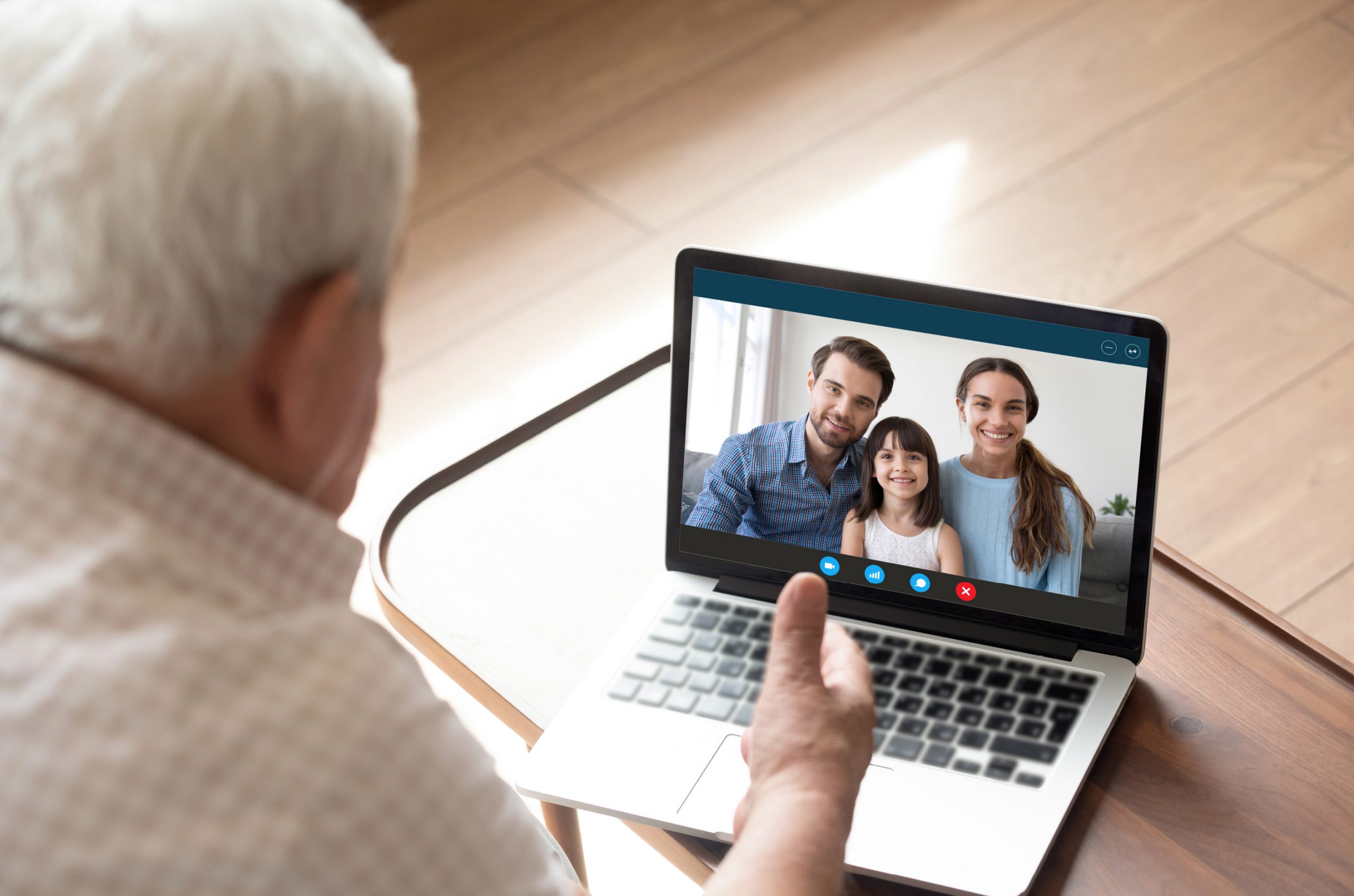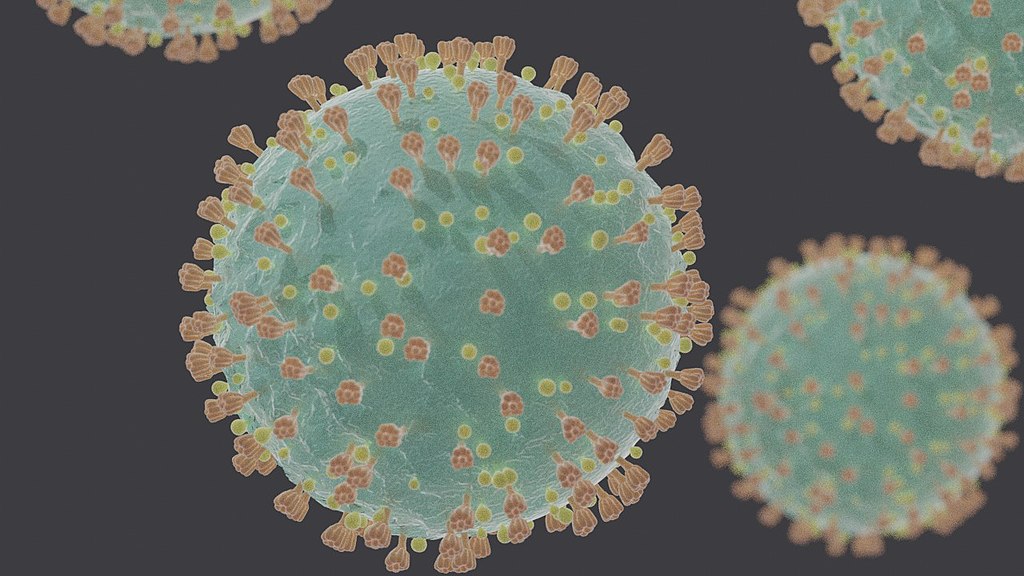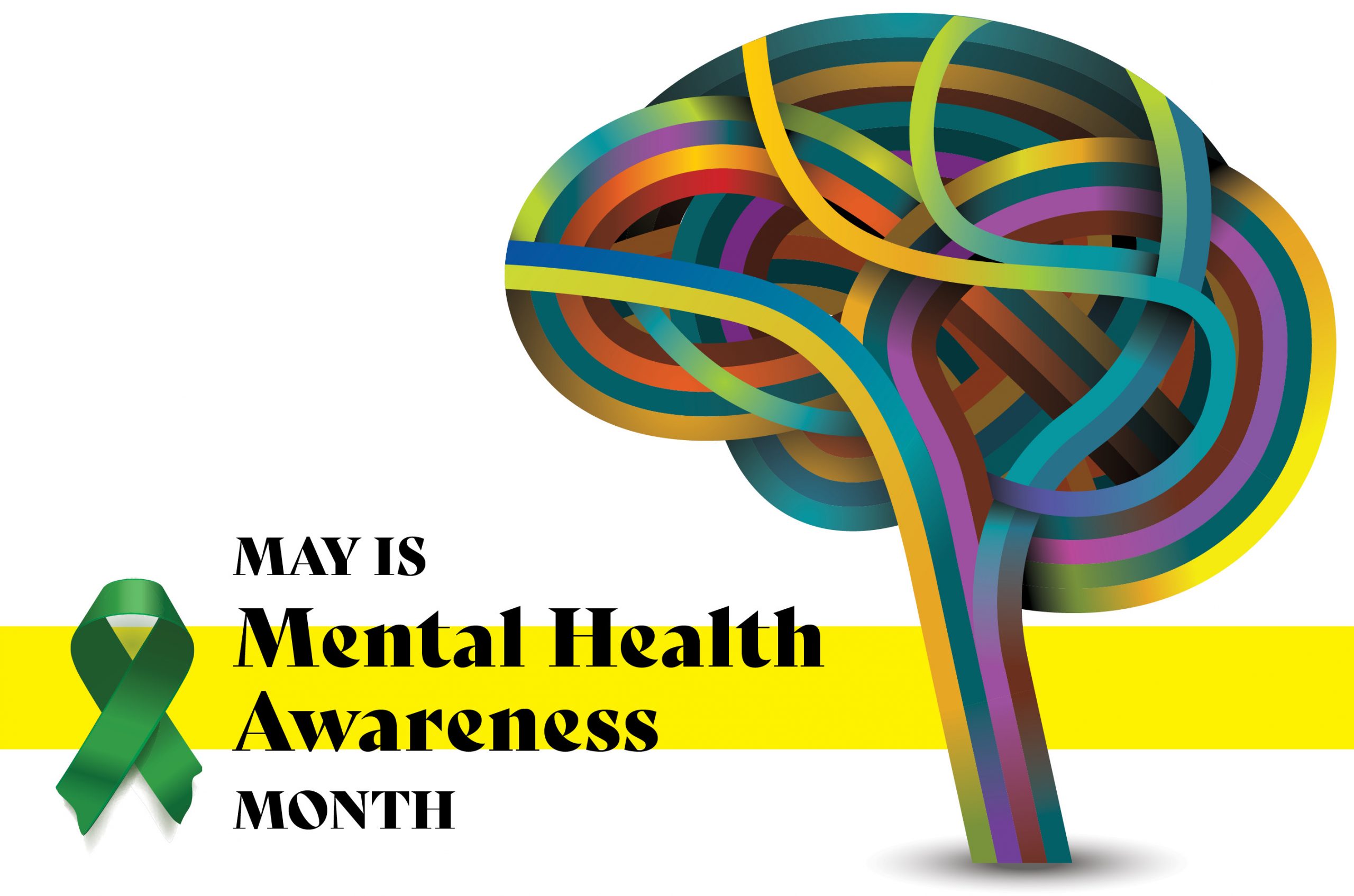The COVID-19 crisis is making us all feel a little disconnected, and no one is feeling the distance more than people with loved ones in long-term care communities. To protect those most vulnerable to infection, facilities are taking extra precautions, including restricting visitors and keeping residents in their rooms. But even if you can’t be there in person, you can still stay in touch with those you care about.
be proactive
Many long-term care facilities are keeping families and the community at large updated through social media and their websites. Marjorie Moore, executive director of VOYCE, a nonprofit that advocates for people in long-term care and their families, notes that you also should receive updates about any changes to your loved one’s health status or care, but COVID-19 could potentially strain regular communication. “Facilities have been understaffed for years, and this crisis is adding pressure to an existing issue,” she says. “It makes it harder for staff to keep in touch as much as they want to. I recommend that families contact the community if they aren’t getting proactive calls.” She adds that phone calls are better than emails because facilities often need to share information that is protected by HIPPA.
check in directly
Physical visits aren’t possible right now, but you still can reach out to loved ones directly. Whether it’s teaching technology or providing tablets with the necessary capabilities, many senior living communities and long-term care facilities are helping residents connect with their families through video chat. Emails and phone calls also are good ways to keep connected, but it doesn’t only have to be done digitally. “Most of the residents in these communities aren’t Internet people,” Moore says. “They love to receive physical mail.” Along with letters, you can send photographs and care packages that include snacks, personal care items and activities that your loved one enjoys.
supporting others
“Just about everyone in long-term care is confined to their rooms to stop the spread of COVID-19,” Moore notes. “We are recommending that people reach out because it means a lot right now.” She suggests that along with contacting parents, try connecting with extended family members or friends as well, and to help brighten the day of residents currently coping with isolation, consider sending several cards that facilities can distribute to people who could use an extra boost. To further support the residents and staff at these communities, VOYCE has created a list of what they need to combat COVID-19. You can find it at voycestl.org.
know your resources
The new coronavirus is creating a lot of stress, but you don’t have to navigate the crisis alone. There are resources you can reach out to for information and help with managing long-term care, even at a distance.
- VOYCE: Call 314.919.2403, or fill out an online inquiry at voycestl.org.
- Alzheimer’s Association: Reach the organization’s helpline by calling 866.232.8484, visiting alzfdn.org or texting 646.586.5283.
- HelpGuide: The mental health website includes a guide to caregiver stress and burnout.
- AARP: Find information about caregiving, long-term care and aging.
- AGIS Network: It provides local and educational resources and support from a community for caregivers and families of the elderly.
- Administration for Community Living: The government agency is dedicated to maximizing independence, well-being and health for older adults and people with disabilities, along with their families and caregivers.








